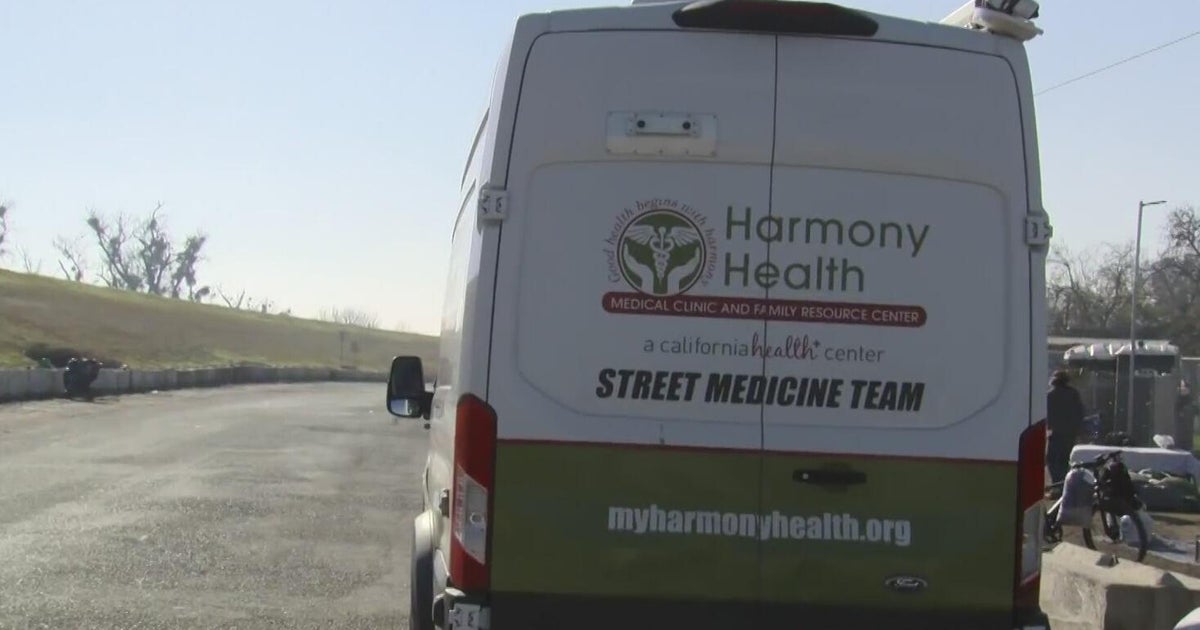Global fertility market alive and well with many women freezing eggs abroad
MIAMI -- This week is National Infertility Awareness Week.
The CDC says one in eight couples have trouble getting pregnant or sustaining a pregnancy.
For some, age may be a factor. So many women are choosing to freeze their eggs early until they're ready to start a family.
A growing number are even going to other countries for the procedure to save on costs.
Jeniffer Nunez had to pay out of pocket for her procedure.
At 37 years old, she knows she wants to be a mother someday.
"I really want to be a mom. I'm still single. No one in sight. So just in case, let me freeze my eggs," Nunez said.
Nunez said she debated egg freezing for a couple of years and finally took the plunge earlier this month.
"I was doing that 'I'll give it one more year. Okay, maybe two.' But I'm getting older, not younger. I don't have that many more years to go," she explained.
Nunez went to Conceptions Florida Center for Fertility and Genetics for the procedure.
"We've definitely seen an increase in women who are trying to freeze their eggs for the purposes of just preserving the fertility," Dr. Armando Hernandez Rey told CBS News Miami's Lauren Pastrana.
"Last year from 2021 to 2022, the number of egg-freezing cycles we did increased by 32 percent," he added.
Dr. Hernandez-Rey, a Reproductive Endocrinologist and Fertility Specialist, says on average, egg retrieval along with the necessary medications, will cost about eight thousand dollars, plus storage costs for the frozen eggs.
Some women are traveling abroad to make the retrieval process more economical.
But Dr. Hernandez-Rey says can his office will only use eggs frozen in another country on a case-by-case basis.
"Less and less centers are willing to accept eggs because they have a significant impact on their success rates. We are carefully monitored and have to report our success rates and it has a detrimental impact because we can't attest to the quality of the technique," he said.
Transporting the eggs and getting through Customs can also be an issue, as well as shortages of liquid nitrogen, which the eggs are frozen in.
Dr. Hernandez-Rey says more insurance companies are starting to include fertility benefits in their coverage, possibly making the procedure more economically accessible here at home.
According to Forbes, the global fertility tourism market is expected to grow at a rate of 30% over the next seven years.
A lot of hopeful parents have had great success growing their families, while also treating the trip as a much-needed vacation to relax from the stress of trying to conceive.
For many, traveling to another country for IVF or egg freezing is the only way they'd be able to afford it.
In Nunez's case, she decided to take out a loan and do the procedure here in South Florida.
In the end, they retrieved 21 viable eggs.
"My eyes watered, I was in the car with my dad. He got excited. It was just such a relief," she recalled of the moment she got her results.
She said she found the process empowering.
"I feel like a lot of people feel like it's very personal and don't want to share it and I feel like why not? It's something so beautiful to share," Nunez said. Especially someone my age. I want them to know it's still possible at my age, but don't wait until my age."
While her eggs are "on ice", Nunez says she's already planning for the future. She said even if she doesn't have a partner in a year or two, she will still go ahead and use the eggs to hopefully make her dream of becoming a mother a reality.








